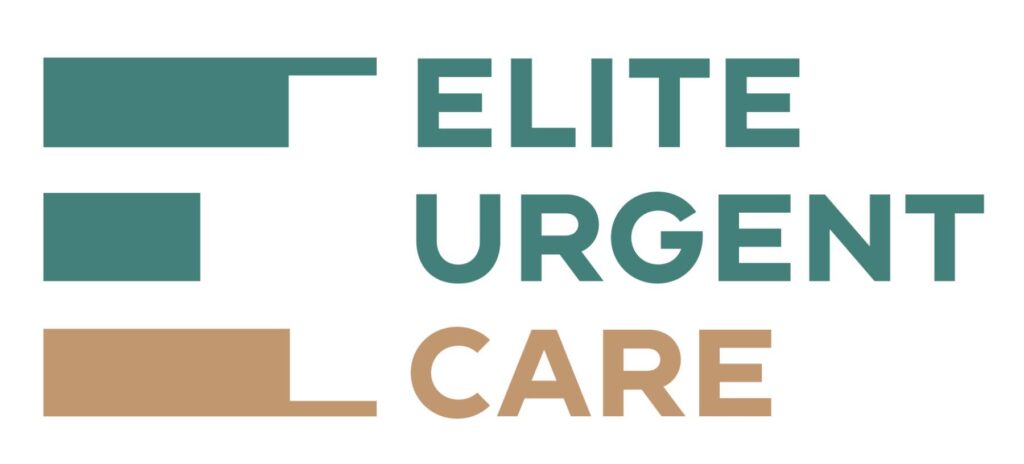
The landscape of medical treatment has dramatically transformed in recent years, thanks to the rapid advancement of technology. From artificial intelligence to robotics, these innovations are revolutionizing how healthcare is delivered, enhancing precision, efficiency, and patient outcomes. Modern medical treatment is no longer just about curing diseases; it’s about personalized care, early detection, and preventive measures that ensure a higher quality of life.
Artificial Intelligence in Healthcare
Artificial Intelligence (AI) is one of the most significant technological advancements impacting modern medicine. AI algorithms can analyze vast amounts of medical data quickly and accurately, assisting doctors in diagnosing conditions that might be missed by the human eye.
For example, AI is used in imaging technologies to detect early signs of diseases such as cancer. Deep learning algorithms can identify anomalies in medical images with remarkable accuracy, leading to earlier and more accurate diagnoses. Additionally, AI-driven predictive analytics can help in anticipating patient needs and personalizing treatment plans, thereby improving the overall effectiveness of medical care.
Robotics and Minimally Invasive Surgery
Robotic technology is another groundbreaking development in the medical field. Robotic-assisted surgery allows for minimally invasive procedures, which offer numerous benefits over traditional surgery. These include reduced pain, shorter hospital stays, quicker recovery times, and minimized risk of infection. The precision of robotic systems, such as the Da Vinci Surgical System, enables surgeons to perform complex procedures with enhanced control and accuracy. This technology is particularly beneficial in delicate surgeries like neurosurgery, cardiothoracic surgery, and urology, where precision is paramount.
Telemedicine and Remote Monitoring
Telemedicine has become increasingly popular, especially in the wake of the COVID-19 pandemic. This technology enables healthcare providers to consult with patients remotely, using video conferencing and other digital communication tools. Telemedicine expands access to care, especially for individuals in remote or underserved areas, and allows for more flexible scheduling and reduced waiting times. Remote monitoring devices, such as wearable sensors and smartwatches, can track vital signs and health metrics in real time, alerting patients and healthcare providers to potential issues before they become serious.
Genomics and Personalized Medicine
The field of genomics is paving the way for personalized medicine, where treatments are tailored to an individual’s genetic makeup. By understanding a patient’s genetic profile, doctors can predict their susceptibility to certain diseases, choose the most effective treatments, and avoid adverse reactions. Precision medicine is particularly impactful in oncology, where genetic testing can identify specific mutations in cancer cells, allowing for targeted therapies that are more effective and less harmful than traditional treatments.
3D Printing in Medicine
3D printing technology is also making significant strides in the medical field. It is used to create customized prosthetics, implants, and even organs. For example, 3D-printed orthopedic implants can be designed to match a patient’s anatomy precisely, improving the fit and function of the implant. In regenerative medicine, researchers are developing 3D-printed tissues and organs that could one day be used for transplantation, addressing the critical shortage of donor organs.
Conclusion
The integration of new technologies in modern medical treatment is transforming healthcare in unprecedented ways. These advancements are not only improving the precision and effectiveness of medical interventions but are also making healthcare more accessible and personalized. As technology continues to evolve, the future of medicine promises even more innovative solutions to enhance patient care and outcomes. Embracing these technological advancements is crucial for the continued progress of healthcare and the well-being of patients worldwide.
